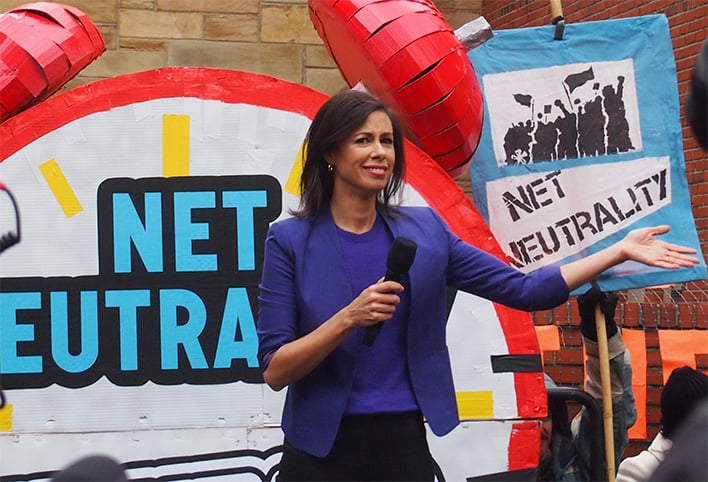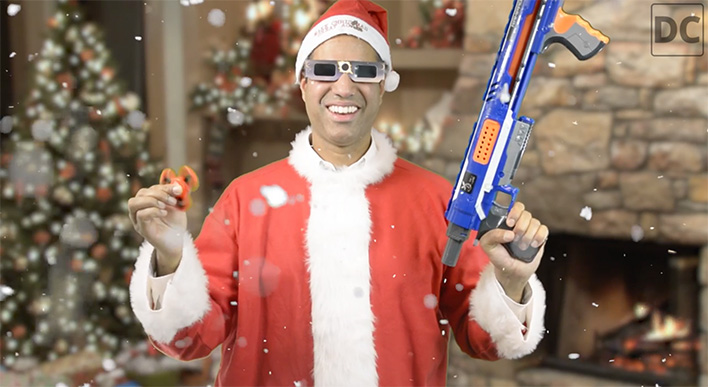Biden's FCC Begins Divisive Fight To Restore Neutrality Rules Repealed Under Trump Admin

The fight over net neutrality has been raging online since the early 2000s, but the FCC didn't wade into the dispute until 2015. That's when the agency enacted strict net neutrality rules under Chairman Tom Wheeler much to the dismay of internet service providers (ISPs) that believed Wheeler would be friendlier to business interests. Neutrality proponents didn't have much time to celebrate, though. When Trump took office in 2017, he appointed Ajit Pai to lead the FCC, and the new conservative majority voted quickly to eliminate these net neutrality rules.
Technically, ISPs have been allowed to restrict traffic for the last six years, but the regulatory situation has been in flux. Biden's FCC has been evenly divided between Republicans and Democrats as the administration's nomination of Gigi Sohn was stuck in limbo with the Senate. Several months ago, Democrats were finally able to get Anna Gomez confirmed as the fifth FCC commissioner after Sohn withdrew. This has allowed the FCC to finally act on net neutrality under Chairwoman Jessica Rosenworcel (above).

"We propose to reinstate enforceable, bright-line rules to prevent blocking, throttling, and paid prioritization," Rosenworcel said in a press release. "They would ensure that the internet remains open and a haven for creating without permission, building community beyond geography, and organizing without physical constraints." When complete, this change will again see fixed and mobile broadband regulated as an essential telecommunication service under Title II of the Communications Act.
Nothing has changed just yet. Next comes the public comment period, which was rife with bots and fraudulent filings when Republicans moved toward abolishing net neutrality in 2017. No doubt, groups will again attempt to influence the process by spamming the comment website. Following a review, the FCC can then vote to implement the new net neutrality rules. This process will most likely take several months.

